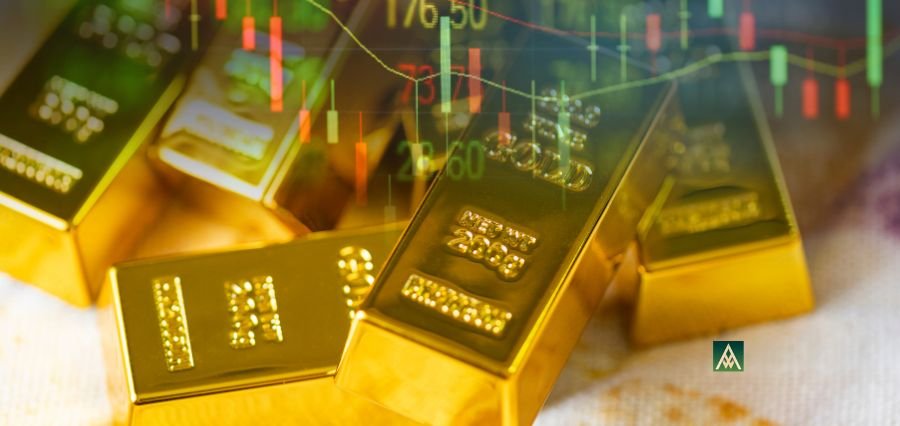Prime Highlights
- Dubai gold rate hit an all-time high following Israel’s airstrikes on Iran.
- Growing geopolitical tensions drove safe-haven appetite, lifting global gold prices.
Key Facts
- Israel conducted massive military strikes against Iran’s nuclear and military facilities, killing senior Iranian leaders.
- Iran responded with more than 100 drones, provoking worries of a broader regional conflict.
- Gold prices jumped over 1.3%, and Dubai’s gold rate hit a new record as investors rushed to safe assets.
Key Background
One of the most significant geopolitical escalations occurred as Israel initiated an unexpected military assault on Iran’s vital facilities, including nuclear enrichment plants and missile depots. The attack, said to have utilized approximately 200 fighter aircraft, claimed major casualties, including senior military officials and nuclear experts. The attacks have been called one of the most direct and expansive Israeli strikes on Iranian territory in recent times.
Iran has retaliated by firing more than 100 drones towards Israel, escalating the threat of a wider regional conflict. The growing tensions have set off alarm bells in global financial and commodities markets. Investors panicked by rushing to safe-haven instruments, and gold recorded one of the sharpest price gains in recent months.
In Dubai, the gold rate shot above its all-time highs, with 24K gold inching closer to AED 285 per gram—a record high. The spot gold prices worldwide rose above 1.3%, touching around $3,427 per ounce, while the gold futures were at around $3,450 per ounce. The hike was explained by experts as both panic buying and long-run hedging against geopolitical uncertainties.
In the meantime, oil prices also surged between 8% and 10% due to concerns of Middle East supply disruption. Critical shipping routes, including notably the Strait of Hormuz that ships a big percentage of the world’s oil, are now considered possible flashpoints for more conflict. This set off spillover volatility in world stock markets, with American and Asian indexes recording steep losses.
As the mayhem intensified, central banks and large investors are retooling plans. Safe-haven currencies such as the U.S. dollar, Japanese yen, and Swiss franc gained strength. Bond markets experienced yields declining, reflecting a flight to safety in fixed income instruments.
The wider implications of the war would redefine diplomatic and economic interactions in the region. The U.S. rejected involvement in the Israeli attacks but urged calm, while global peace talks lined up in Oman are now in question. With tensions remaining elevated and warnings from both sides of more to come, markets are on tenterhooks.
The situation highlights how geopolitical shocks can quickly affect world commodity prices—particularly in markets such as gold, which is a classic crisis hedge.
Read More: Dubai’s Binghatti sets up new DIFC company – to Finance Buyers, Contractors




